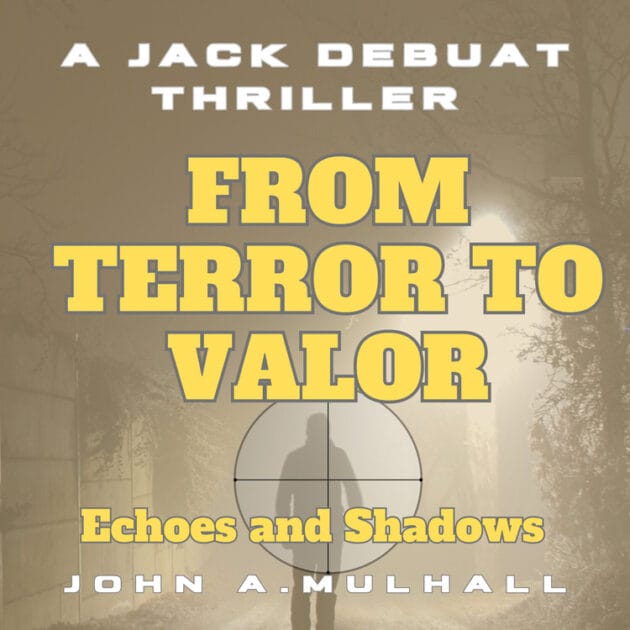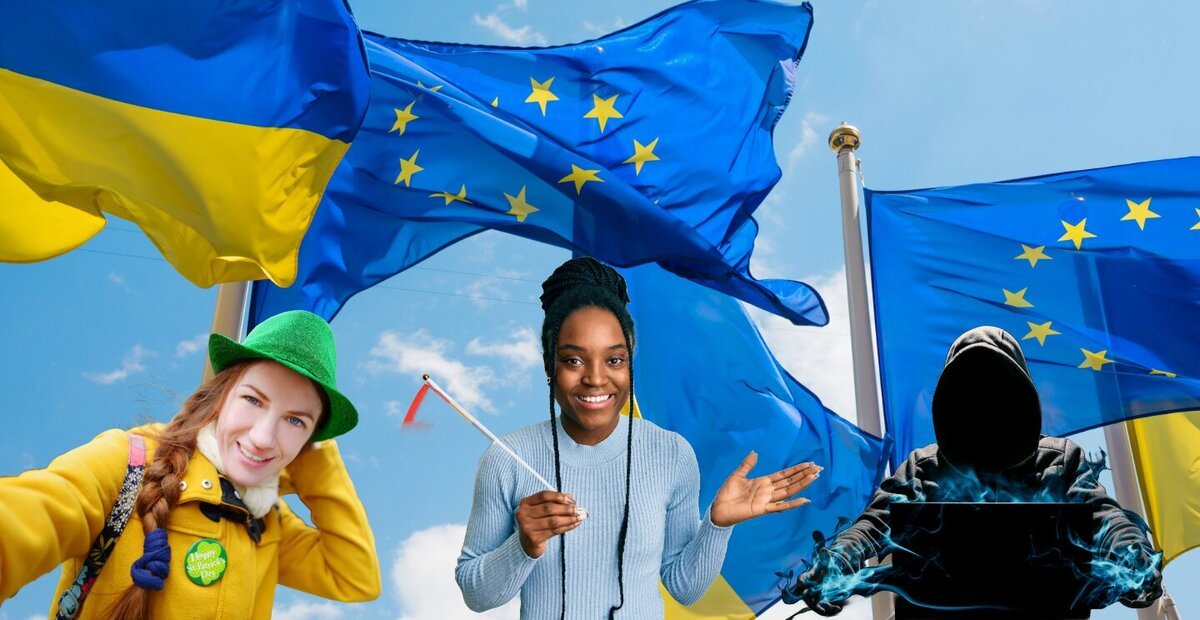At approximately 05:50hrs, on September 16th in Cologne, Germany, there was an explosion in the entertainment district outside a popular nightclub. It occurred just 10 minutes before barriers were to be raised for normal commuter traffic. North Rhine-Westphalia police initially coordinated off a major area, given its blast radius.
Unconfirmed reports point to organized crime. A police spokesperson confirmed they do not suspect terrorism at this time, but the investigation is still ongoing. If this is an organized crime event, then why was social media briefly treating it like terrorism? On the morning of September 17th, my Twitter/X feed red with dread from Cologne, Germany?
Terrorism Sells, Is Organized-Crime Buying?
They say fear sells, which is now done at scale via digital subversion. I wrote at length about the damage disinformation is doing, along with hostile state actor crossover with organized crime.
In the case of Cologne, I noted the professional hallmarks of a well run investigation. Notably, no official went into speculative discussions as to the motive for this incident. I also noted low key reports of German border points increasing their security posture. I suspect they are related.
In Sweden, the infamous gangland boss, Rawa Majid, has connections with Iran in the execution of state objectives on behalf of the hostile state. This crossover has many features, including social disruption and facilitation of transnational operations for their state benefactor.

From Terror to Valor: Echoes and Shadows, available for sale from September 11th, 2024.
People in the intelligence world view organized crime as unreliable, not to be trusted. Yet, since Russia’s escalation in espionage operations, which I think goes back to 2012, organized crime seems to have gone through a major reformation. The business scaling and diversification of interests seems to have an overlap with hostile state and non-state actors, who historically kept their distance.
Terrorism and Fear Are Old Friends
I would thus encourage German police to consider this when investigating the Cologne explosion. Iran and Russia heavily invest in cross border espionage and use criminal gangs to do a lot of the groundwork. Avarice is a powerful motive in this cat and mouse game, so context is everything.
If fear is the currency of hostile state actors, and greed is the currency of this new version of organized crime, how do they functionally interact? What balance of fear versus greed explains poor impulse driven criminals suddenly been able to reign in acts of violence, and structure them into a new and more effective version of themselves?
I don’t have all the answers, but I suspect this cross over ties back to the breakthrough that the UAE had with the creation of digital subversion. Random violence by thugs became targeted violence from 2013 in Ireland. Also of note was a methodical intelligence collection effort by thugs, acting in an orchestrated manner.
A New Era of State Actor Terrorism
You may think this farfetched, but what if the rise of digital subversion from 2013 onwards has links to Russia’s development of its cybercrime networks. They are drawn from cyber crime gangs, which its intelligence services locate. What if Russia, the UAE, Iran, and others share what they have learned among themselves? What if it’s ongoing?
This would explain why Russia and Iran suddenly have an functional global network, and why Russia is not leaning on its old ‘friends’ from the Soviet days. If connections like those above were verified, then the Cologne explosion would have a very new and more sinister identity. Criminals acting as proxies for hostile state actors by all definitions, are also known as terrorists.
The bloody realities of today’s world is a calling card for us all. Generational shifts like the subject of this article are more extreme, but we have a right to reply. In this shadow war, we have friends too, and they, like us, refuse to walk blindly into the night. Together, we will see the dawn!
About the Author
John is a versatile author known for his gripping fiction narratives in the thriller, action, and suspense genres. With a background as a journalist since 2016, and expertise in cloud technologies as an engineer; John brings a unique blend of storytelling prowess and technical acumen to his work.




